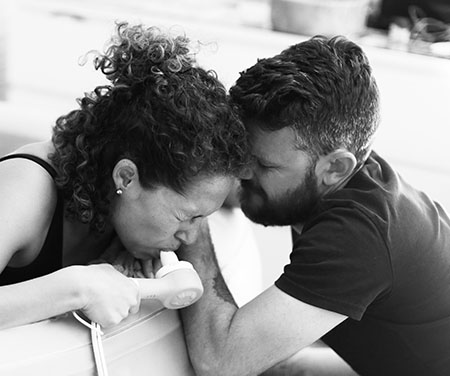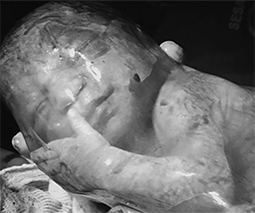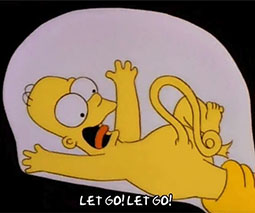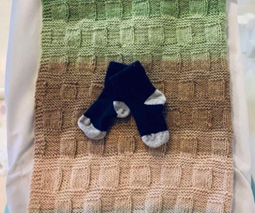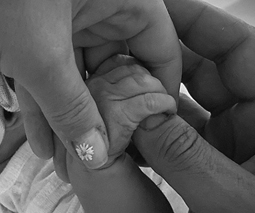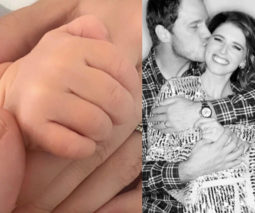Working on your birth plan? Here are 7 things to know about doulas

Ever heard of a doula? Surprisingly, lots of people haven’t.
Originating from Greece, the word ‘doula’ (pronounced ‘doo-la’) refers to a woman who is trained to help you prepare for labour and get the birth experience you want. Although not medically trained, a good doula knows the ins and outs of pregnancy and birth and can support you emotionally, physically and spiritually during pregnancy, labour and birth. She can help you formulate a birth plan, advocate for your wishes with your obstetric team, and encourage you during labour to help you achieve your birthing goals.
Think you might be interested in using a doula for your birth? Here are 7 things to know:
1. A doula is different to a midwife
A doula isn’t a midwife and does not replace any medical staff who are usually present during a birth. A midwife is medically trained and will look after you and your baby’s health throughout the birth, whereas a doula is more focussed on offering you emotional support. However, because a doula is non-medical, she can support you without being bound by hospital policies and procedures. Similarly, a doula will stay with you throughout labour and birth, whereas a midwife may be busy with other birthing women during her shift.
2. A doula knows the hospital system
Although a doula isn’t part of the medical profession, she knows how the hospital system operates and is likely to know your local hospital inside out, so you won’t have to worry about what to expect. With hospitals often presenting as big and intimidating to pregnant women, this is great for taking the ‘fear of the unknown’ element right out of the equation, leaving your brain space clear, calm and focussed on what you need to do on the big day.

3. A doula knows how to advocate for you
A doula is there to champion you during labour and push (if you’ll excuse the pun) for the birth you and your partner want. Her role is also to advocate on your behalf with the obstetric team looking after your birth, making sure your wishes are communicated and anything complicated is explained to you as clearly as possible. She can even come along with you to obstetric appointments during the pregnancy, making sure that any questions you have are answered and fully understood by you.
4. A doula will support the birth you want to have
You and your partner probably have some ideas on how you want the birth to go, and a good doula is there to help make this a reality for you. She isn’t going to pressure you to birth a certain way and won’t judge you for your decisions – her role is to listen to you and help you come up with a birth plan that meets the goals you and your partner have. If you find that the doula you’re talking with has fixed views about birth, and these aren’t in line with yours, try another doula.
5. A doula can help you birth without pain relief or intervention
If you’re hoping to go through labour with minimal pain relief, a doula can not only communicate this with hospital staff, but can show you a variety of techniques for getting through the labour without feeling overwhelmed by pain. Many doulas believe that labour and birth is a natural process that doesn’t require medical intervention, such as episiotomies or c-sections, and will aim to help you birth as naturally as possible (if this is something you want). Even better, birth doulas have been linked with shorter labour, which is a big bonus.
6. A doula can help your partner too
The birthing space can be pretty intimidating for partners, who may find it difficult to offer the right sort of support on the big day. A doula understands this and can encourage your partner to take a break when necessary, while she remains by your side the whole time. In saying that, a doula isn’t there to replace your partner – rather, her role is simply to support and empower both of you, so that birth is an experience you can enjoy together, rather than be overwhelmed by.
7. A doula is there for you after the birth
Many doulas are trained to support you during the postnatal period, when you bring your baby home from hospital. For many new mums, this can be a tiring, overwhelming time, when your body is still recovering from the birth and you’re adjusting to a new, massive responsibility. If you use a birth doula, chances are she will be able to continue supporting you when you bring baby home, making the adjustment much easier. If you choose not to use a birth doula, but find that you’re needing the support when baby arrives, a postnatal doula can be just what you’re looking for.
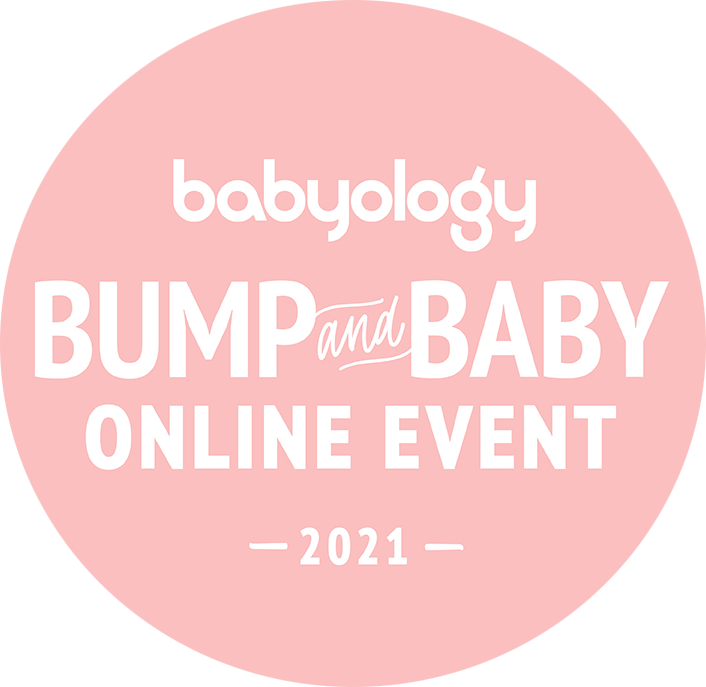 Join the Bump and Baby: The Fourth Trimester online event! With live expert sessions, FREE newborn routine guide & the chance to WIN a $500 Nursery gift voucher. Click here to find out more and make sure you don’t miss a thing!
Join the Bump and Baby: The Fourth Trimester online event! With live expert sessions, FREE newborn routine guide & the chance to WIN a $500 Nursery gift voucher. Click here to find out more and make sure you don’t miss a thing!
